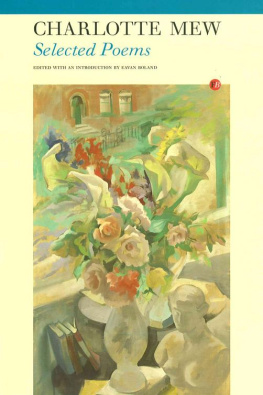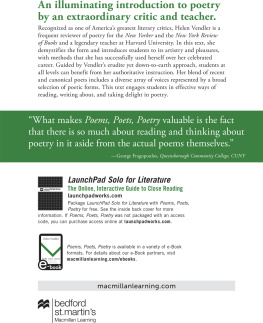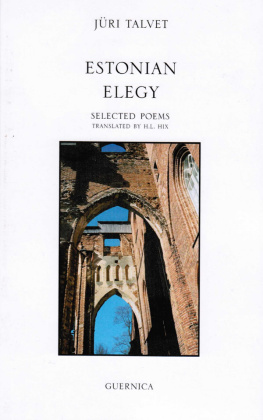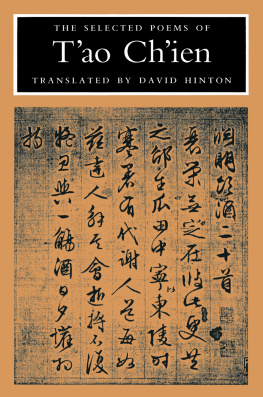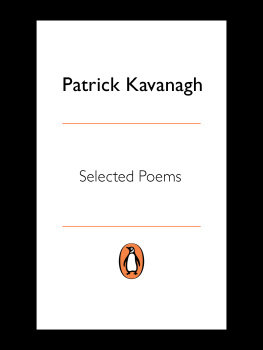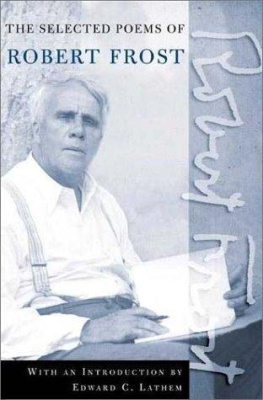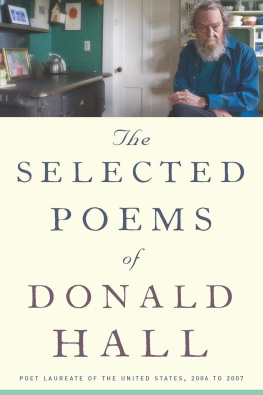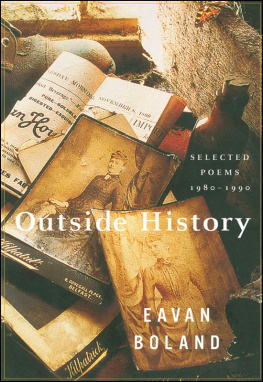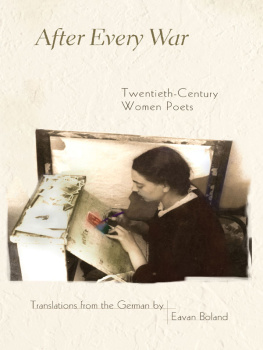Charlotte Mew was born in London in 1869. Her family middle-class, respectable, afflicted lived at number 30 Doughty Street in the borough of Camden. I lived near there as a child in the 1950s, when the airy squares with their chestnut and plane trees, their white wedding cake houses, were still almost intact.
By that time however, London was pitted and humbled by two wars. To find Charlotte Mews city we have to peel back the erosion, the doubt, the fog-scars of a hundred years until we come to a place that glows with empire. Pepyss London. The London of the novelists. A few houses down, nearer to Russell Square, Charles Dickens had written his early novels at number 48. What more could a child like Charlotte Mew want, you might ask, than to be born in the environs of a luminous gossip and a great novelist? The census of 4 April 1881 suggests a normal Victorian family with their children: Henry H.
Mew, aged fifteen, Scholar, Charlotte M. Mew, aged eleven, Scholar, Caroline F.A. Mew, aged seven and Freda K. Mew aged two, together with the live-in servants: Elizabeth Goodman, aged fifty-six, Nurse Domestic, and Lucy Best, aged eighteen, Cook Domestic. But appearances, here as elsewhere, can be deceptive. A more vulnerable and struggling family would be hard to find.
The terrible story begins early. One child died. Two more died when Charlotte was seven, one of fever, the other of convulsions. Her only brother, Henry, became schizophrenic early in life. And her youngest sister, Freda, notable in that homely family for being beautiful as a flame, became schizophrenic at sixteen. It must all have bewildered Frederick Mew, Charlottes father.
He was an architect, but not a particularly enterprising one. His wife, the daughter of a more eminent architect, had social and financial expectations he failed to fulfil. Fred Mews income did not increase. But his family did. By 1879 there were seven children. Death. Insanity. Class. Class.
Suddenly, in that apparent decorum of imperial England, a window opens into a savage time. The Mew family are the dark side of empire. Charlotte Mew lived the pain and contradiction: the shame of a genteel life lived without the money gentility requires; the pain of a sexuality gentility would reject. Charlotte Mews childhood might have remained hidden but for one stray account. In 1913 she published an essay in the New Statesman called The Old Servant. It is a strange prose staccato and choked with memory but it reveals one of the formative relations of her life.
Mews grandmother, Mary Cobham Kendall, had not approved of her daughters marriage to the weak and unsuitable Fred Mew. Faced with the fact, however, she selected a servant from her own household to help her. Elizabeth Goodman, tall, spare, a blunt North countrywoman, came to that house to practise the arts of survival: cuff-mending and darning, the skilful turning of sheets. And the less visible arts of unseen friendship. Of all the photographs of Charlotte Mew, this may be the most compelling: Two women, neatly dressed in dark clothes, sit in a Victorian conservatory. The younger, who has no hat or bonnet on as the older one does, leans forward slightly as if she could see or hear something.
More likely, the photographer has told them both to look into the middle distance. The young woman has short, unstyled hair. Her face is a strange oval. It is neither pretty nor usual, but intense and already odd. The older woman almost an old woman wears the dark cloak and bonnet of a nineteenth -century domestic. She is sitting to the front of the picture.
The young woman stands behind her shoulder like a dark spirit, a familiar. It is a stern portrait. But for all that, this is a photograph of one of the few friendships, the few unflawed empathies of Mews life. The ramrod straight woman brought a magic to her childhood, all the deeper because it addressed the Puritan nature of both. Throughout the year her reading was limited to the Bible, Mew writes, and a cheap weekly comic paper; but on Christmas eve she flung into the festooned disorder of the nursery a pile of Christmas numbers and thenceforth walked with us, for a week or two, in the world of pure romance. Red lights gleamed from Manor House windows; ostlers bandied jests in the courtyards of lonely inns; the crack of whips and the hoofs of post-horses drowned the wheels of the crawling cab and the bell of the muffin man ting-tinging down our long, dull street.
Despite these brief moments, it was an outsiders childhood. In a piece she wrote called An Open Door, Mew recalls, As a child, I remember looking down from our high nursery windows on the children, far below us under the railings of the park. Her way of being at the side of an action would last her whole life and painfully enrich her work. Now that life would begin in earnest: in 1879 she was entered as a pupil at the Gower Street School in London. In 1888 the family moved to Gordon Street, to a larger, more expensive and far more unlucky house. There, within the space of four years, two of the children drifted into insanity.
Henry, Charlottes only brother, was confined to hospital in his early twenties and never re-emerged. His death certificate of March 1901 lists the place of death as Peckham House Lunatic Asylum. He is said to be buried in Nunhead Cemetery. Freda, the beautiful youngest girl, followed him in her late teens. Alida Monro, a later friend of Mew, opened a small window into the events when she commented, Their sad condition was a constant torment to Charlotte. * * * The startling, off-kilter poems published when she was nearly fifty years of age in her first book, The Farmers Bride, gather and filter the tragedies of Charlotte Mews youth.
They have an eerie verve, these poems. Their conversational staccato, played off the truncated cadences of Victorian lyric, gives a studio acoustic to the voice. The voice and this is unusual in that era signals from its margins and its music through tone. The combination of the two tells us something we can hardly ignore: No year has been like this that has just gone by; It may be that what Father says is true, If things are so it does not matter why: But everything is burned and not quite through. The colours of the world have turned To flame, to blue, the gold has burned In what used to be such a leaden sky. When you are burned quite through you die.
The reader has to look closely here so as not to miss the effect. Mew is not a lyric poet. At least, not a conventional one and certainly not in that era of lyric poets. She is something different and far more unexpected in a time when there was still honey for tea: she is a pre-modernist narrator, gathering her world into lines which tumble off the edge of the page with the strain of holding it together. Cemeteries, asylums, sea roads and broken dolls clutter these lines. The cast of characters is strange and estranged.
While the Georgian poets of that era were seeking out small pastorals, she marked a disharmony. She stands in the middle of her Edwardian landscape , not to be framed by it, but to signal its danger, like a fire-swallower at an otherwise sedate country fair. These qualities did not guarantee a literary welcome. Mew received little recognition in her lifetime. The full chill of neglect can be felt in the lines in a local newspaper noticing her death. Even the name is wrong.

